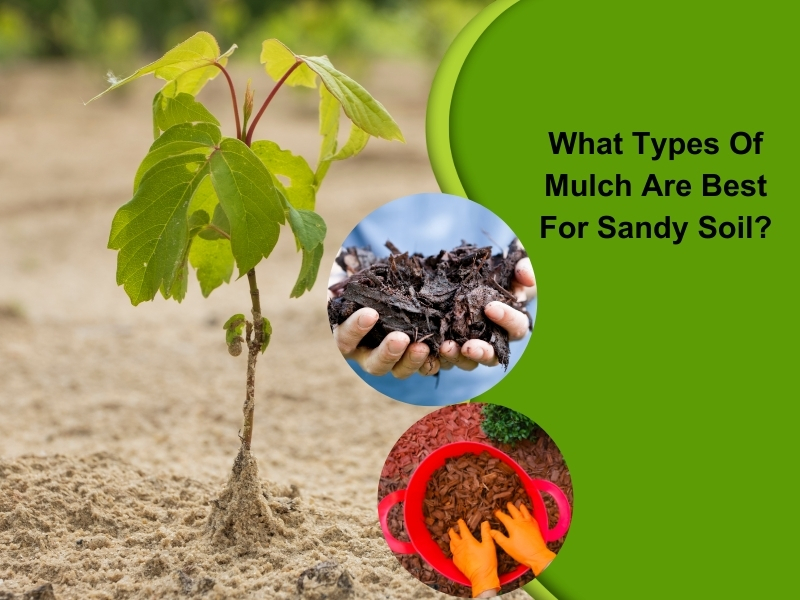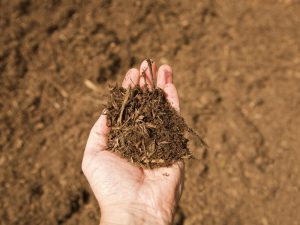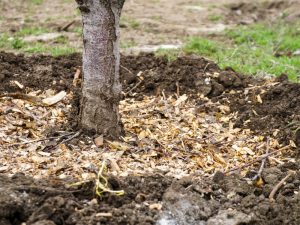Gardening in sandy soil can be both a challenge and an opportunity. While it drains well, sandy soil often needs help to retain moisture and nutrients, making it less than ideal for plant growth. Luckily, mulch can transform sandy soil into a thriving garden bed. By choosing the right mulch and applying it correctly, you can create an environment that supports plant health and conserves resources. This article will explore the best types of mulch for sandy soil and how to use them effectively, considering Sydney’s unique climate and gardening needs.
What are the challenges of gardening in sandy soil?
Sandy soil presents several challenges that can make gardening difficult. It needs better water retention as moisture drains away quickly, leaving plants thirsty. Nutrient levels are typically low because essential nutrients are easily washed out, often requiring regular fertilisation. Its loose structure also makes it prone to erosion, whether by wind or water. Additionally, sandy soil experiences rapid temperature fluctuations, heating up and cooling down faster than other soil types, which can stress plants. These issues underscore the importance of enhancing sandy soil with suitable materials, and mulch is an excellent place to start.
What types of organic mulch are best for sandy soil?
Organic mulches are particularly effective for sandy soil as they improve its structure over time. Here are some top choices:
- Bark chips: These decompose slowly, providing long-term coverage while improving the soil as they break down.
- Compost: Rich in nutrients, compost works well as a soil cover for sandy soil, feeding plants and enhancing water retention.
- Straw: Lightweight and easy to spread, straw is excellent for retaining moisture and reducing erosion.
- Grass clippings: A readily available option, grass clippings add organic matter and nutrients to sandy soil.
- Leaf mulch: Shredded leaves break down quickly, enriching the soil and supporting microbial activity.
How does mulching benefit sandy soil?
Mulch offers numerous advantages for sandy soil:
- Improves moisture retention: Mulch reduces water evaporation, helping sandy soil stay hydrated longer.
- Enhances nutrient levels: Organic mulches break down over time, enriching the soil with essential nutrients.
- Reduces erosion: Mulch acts as a protective layer, preventing the soil from being washed or blown away.
- Regulates temperature: Mulch keeps the soil cooler in summer and warmer in winter.
- Suppresses weeds: A thick layer of mulch discourages weed growth, saving you time and effort.
Can inorganic soil cover work for grainy soil?
Inorganic mulches don’t decompose but can still be helpful in certain situations. Options include:
- Pebbles and stones: These help stabilise the soil, reduce erosion, and add a decorative touch to garden beds.
- Geotextile fabric: Ideal for preventing weeds and stabilising loose sandy soil.
- Rubber mulch: While not suitable for edible gardens, it provides long-lasting coverage for decorative areas.
Inorganic mulches are low-maintenance but won’t improve the soil’s structure or nutrient content.
What factors should you consider when choosing mulch for sandy soil?
Selecting the right mulch for grainy soil depends on various factors:
- Plant type: Some mulches, such as compost for vegetables or bark for trees, are better suited for specific plants.
- Garden design: Aesthetic considerations may lead you to choose pebbles or decorative bark.
- Budget: Organic mulches like grass clippings are cost-effective, while decorative stones can be more expensive.
- Climate: Given Australia’s warming climate, moisture-retaining mulches like straw or compost are ideal for mitigating the effects of hot, dry weather.
- Soil improvement goals: Choose organic mulches if you want to enhance soil structure over time.
How does Sydney’s climate influence the choice of mulch for sandy soil?
Sydney’s Mediterranean climate plays a significant role in determining the best mulch for sandy soil:
- Summer (December-February): Use moisture-retaining mulches like straw or compost to combat the heat and occasional drought.
- Autumn (March-May): Choose nutrient-rich mulches like compost to prepare the soil for planting cool-season vegetables.
- Winter (June-August): Protect plants from cold snaps with insulating mulches like bark chips.
- Spring (September-November): Organic mulches help retain moisture during the warmer weather and support new plant growth.
By matching your mulch choice to Sydney’s seasonal conditions, you can maximise its benefits.
How can you apply and maintain soil cover for grainy soil?
Proper mulch application is essential for achieving optimal results:
- Prepare the soil: Remove weeds and water the soil thoroughly before spreading mulch.
- Choose the appropriate thickness: For most garden beds, apply 5-10 cm of mulch, which is the ideal mulch depth for Sydney gardens. Too much can suffocate plants, while too little will not be effective.
- Keep mulch away from stems: Leave a small gap around plant stems to prevent rot and pests.
- Replenish regularly: Organic mulches decompose over time, so top up as needed to maintain the desired depth.
- Monitor performance: Check the soil beneath the mulch to ensure it stays moist and healthy.
What are the long-term benefits of using soil cover for grainy soil?
Consistently using mulch in sandy soil offers numerous long-term advantages:
- Healthier plants: Improved moisture and nutrient levels support robust plant growth.
- Enhanced soil structure: Organic matter from mulch enriches sandy soil over time.
- Reduced maintenance: Mulch suppresses weeds and minimises watering needs, saving time and effort.
- Better garden aesthetics: Mulch adds a polished look to garden beds, enhancing overall appeal.
- Environmental benefits: Mulching reduces water usage and contributes to sustainable gardening practices.
Revive your sandy soil with the power of mulch
Gardening in sandy soil doesn’t have to be a constant battle. By selecting the right mulch and applying it effectively, you can turn challenges into opportunities. Mulch improves moisture retention and nutrient levels and helps regulate temperature, reduce erosion, and create a thriving environment for your plants. Professional tree mulching services can further enhance your efforts by providing high-quality organic mulch tailored to your garden’s needs, ensuring long-term soil improvement and plant health. With careful planning and maintenance tailored to Sydney’s climate, your sandy soil can become the foundation of a healthy, vibrant garden.
A1 Gardening & Landscaping Sydney Sydney combines local expertise with personalised service to craft your perfect garden. Whether you need regular maintenance or a complete transformation, we customise solutions to fit your needs and budget. Our commitment to sustainability ensures eco-friendly practices for a thriving garden. Contact A1 Gardening & Landscaping Sydney Sydney today for a free quote and bring your outdoor vision to life!



